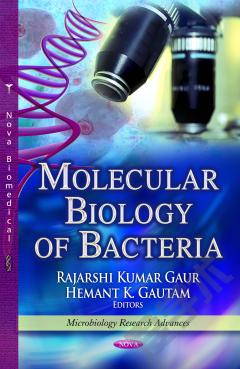Molecular Basis of Bacterial Pathogenesis
Molecular Basis of Bacterial Pathogenesis focuses on the molecular mechanism of disease associated with bacterial pathogens. Topics covered include the population genetics of bacterial pathogenesis; environmental modulation of gene expression in gram-negative pathogens; and bacterial invasion and intracellular growth. Bacterial toxins are also discussed. This volume is comprised of 20 chapters and begins with an overview of pathogenesis, paying particular attention to common elements and genetic mechanisms of regulation. The discovery that many bacterial pathogens are clonal, with individual clones often having a greater virulence than others, is then considered. The next section deals with the regulation of synthesis of surface components and their role in colonization of the host and/or evasion of the host immune defense systems; antigenic variation and its role in evasion of the host immune response; and the role of iron acquisition systems in the colonization of the host. Subsequent chapters explore the invasion and intracellular growth of facultative and obligate intracellular parasites. The last section is devoted to studies on the role of bacterial toxic products in pathogenesis. Bacterial lipopolysaccharides (endotoxins) and exotoxins are described. This book should be of interest to molecular biologists, physiologists, clinical specialists, pathologists, and geneticists.
{{comment.content}}








 京公网安备 11010802027623号
京公网安备 11010802027623号